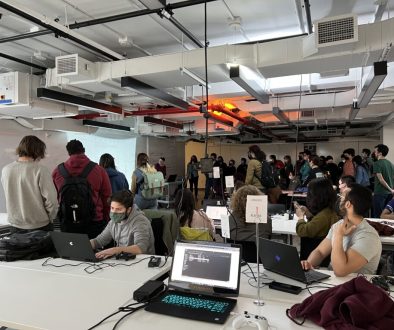Response to “Performance practice as a site of opposition”
The distinction made by Bell Hooks in “Performance practice as a site of opposition” between performance by African-Americans for survival and performance as art reminded me of events described by Isabell Wilkerson in Caste. Historically enslaved people were made to perform for their survival to the benefit of their captors, such as needing to put on “a smiling, cheerful countenance” during such a dehumanizing act as a slave auction (206) under threat of lashings. The contemporary conversion of that performance role into prominence in the entertainment industry that is “disproportionate to their numbers” (195) seems like an extension of that role, that the dominant caste has come to accept the non-dominant caste having power in this field. These examples of performance for survival contrast in my view with performance for art, which may serve either a more emotional or political purpose.
When considering performance in politics, especially from the perspective of voice and music, I think about a few things. For me sound ties into emotion in a primal way, with an uncanny ability to induce a sense of familiarity and a range of other emotions. Politics often seems to lean on this as a crutch, playing to an audience’s musical memory to distort logic with emotion. Considering sound and performance I also think about the contrast in oratory skills of President Obama and Trump. President Obama to my ears has strong speaking skills rooted in coherence of logic, and as spoken to by Hooks power also in the way his words were performed. Trump alternatively demonstrated a tendency to ramble incoherently, ping-ponging between key words, and losing coherence. Sound in politics leads me further to think about music, and its use in political rallies, both with and without the consent of artists. Also chants at protests.
Wilkerson, Isabell. Caste. Random House, 2020.


